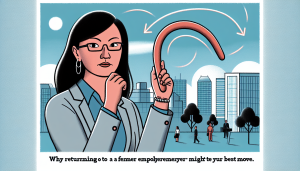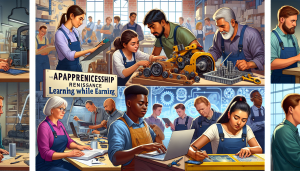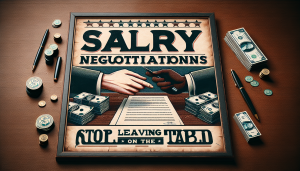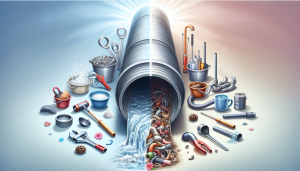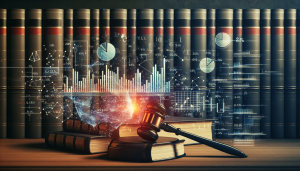AI and Your Career: Friend or Foe?
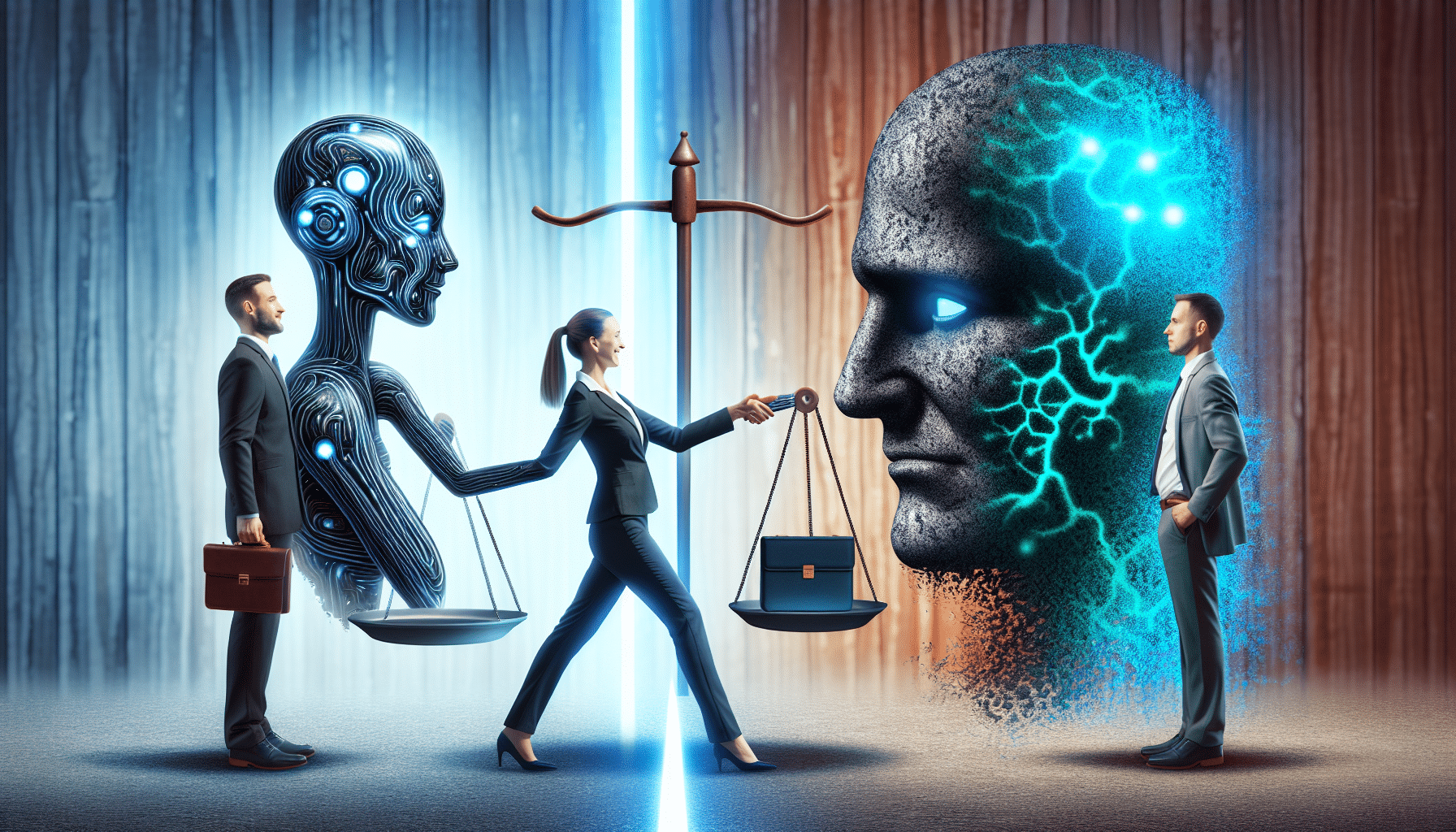
AI and Your Career: Friend or Foe?
Artificial intelligence (AI) has been making headlines in recent years, with its ability to mimic human intelligence and perform tasks that were once thought to be exclusive to humans. From self-driving cars to virtual assistants, AI is revolutionizing various industries and changing the way we live and work. As we continue to see the rapid advancement of technology, one question remains at the forefront of our minds – is AI a friend or foe when it comes to our careers?
As with any new technology, there are both positive and negative impacts on our lives. In the case of AI and our careers, the answer is not black and white. In this article, we will explore the different ways AI is affecting the job market and the future of employment. Ultimately, the decision on whether AI is a friend or foe rests on how we adapt and evolve in this ever-changing landscape.
The Rise of Automation
The main concern surrounding AI and its impact on our careers is the rise of automation. Tasks that were once performed by humans are now being handed over to machines, leading to worries of job loss and displacement. In fact, a study by McKinsey Global Institute estimated that by 2030, up to 800 million jobs could be lost to automation. This number may seem daunting, but it is important to note that it also means new job opportunities will emerge due to advancements in AI technology.
Friend or Foe for Job Seekers?
On one hand, AI can help streamline and improve the hiring process for job seekers. With the use of AI tools such as resume screening software and chatbots for initial interviews, job seekers have a better chance of standing out and connecting with potential employers. However, on the other hand, AI can also perpetuate biases and discrimination in the hiring process. This is due to the fact that AI algorithms are trained on data that may contain human biases and can result in biased decision-making.
The Need for Upskilling
As AI continues to automate routine and repetitive tasks, there will be a growing demand for skills that are uniquely human such as creativity, critical thinking, and emotional intelligence. This presents an opportunity for individuals to upskill and retrain to stay relevant in the job market. While some jobs may be at risk of being replaced by AI, new job roles such as AI trainers, engineers and data analysts will emerge, creating a need for individuals to acquire new skills and knowledge.
Working Hand in Hand with AI
Despite the concerns and challenges surrounding AI, many experts believe that it is not a threat, but a tool that can work hand in hand with humans in the workplace. With machines taking over mundane and repetitive tasks, humans are free to focus on more high-level and creative work. This can lead to increased job satisfaction, productivity, and overall efficiency in the workplace.
So, Friend or Foe?
In conclusion, AI is neither a friend nor a foe when it comes to our careers. It is a powerful tool that has the potential to make our lives easier and more efficient. However, like any tool, it all depends on how we use it. It is important for individuals and organizations to adapt and embrace the changes brought about by AI, while also addressing the potential risks and challenges it presents. With proper regulation and responsible use, AI can be a valuable ally in shaping the future of our careers.
As technology continues to evolve, the roles and responsibilities of humans in the workplace will also evolve. It is up to us to adapt and stay ahead of the curve to ensure our careers thrive in an AI-driven world. So, let’s embrace the opportunities and challenges that AI brings and work together to create a future where man and machine can thrive in harmony.


